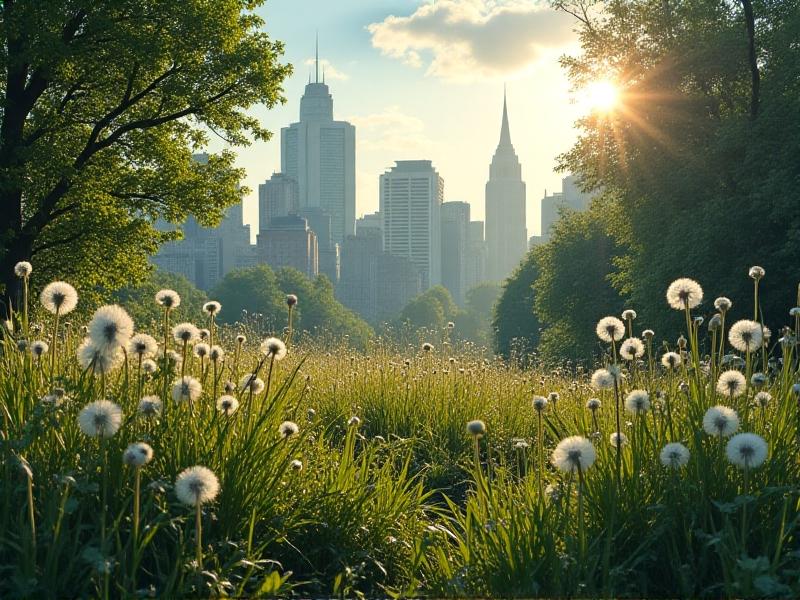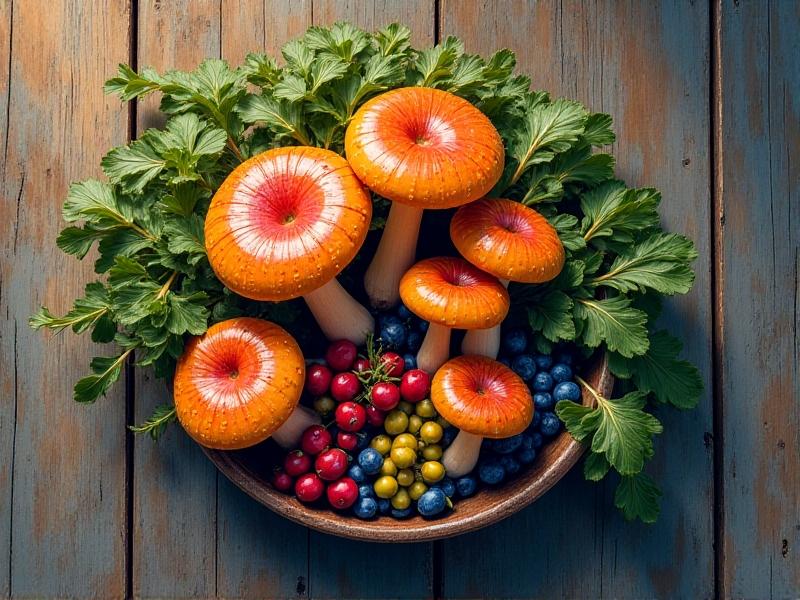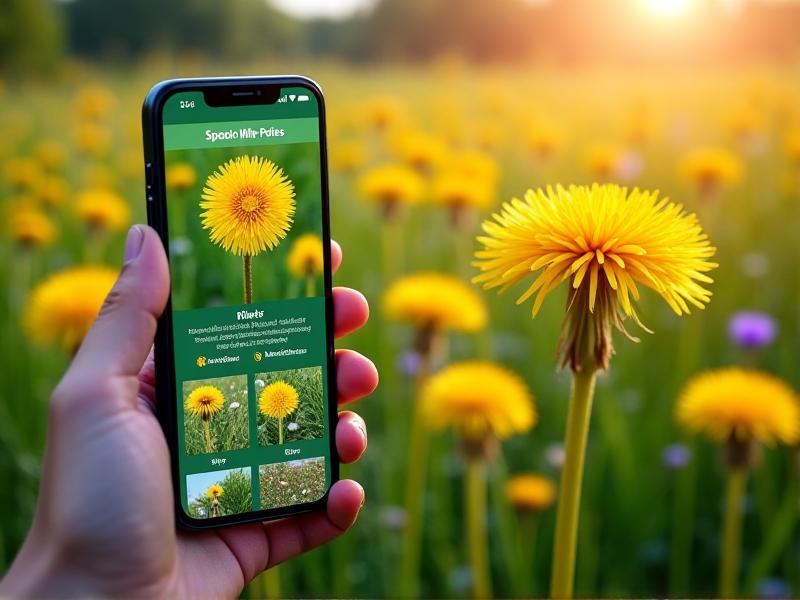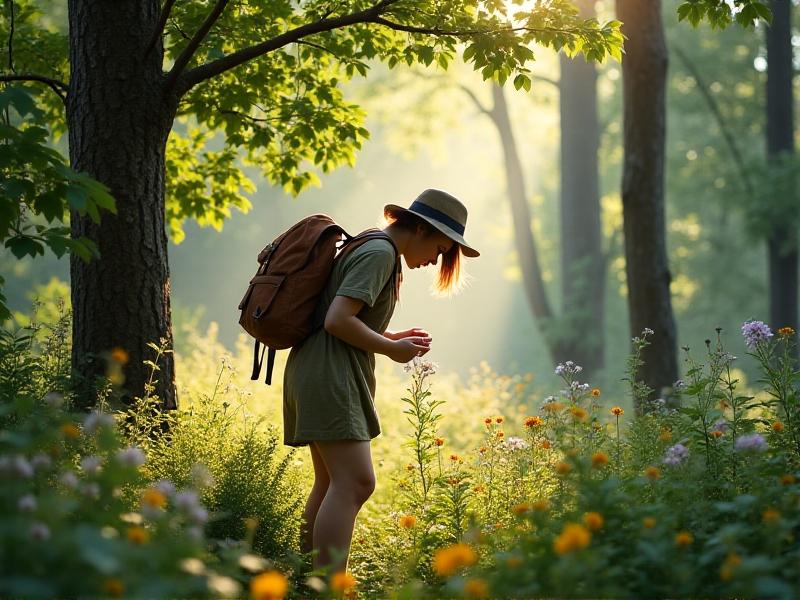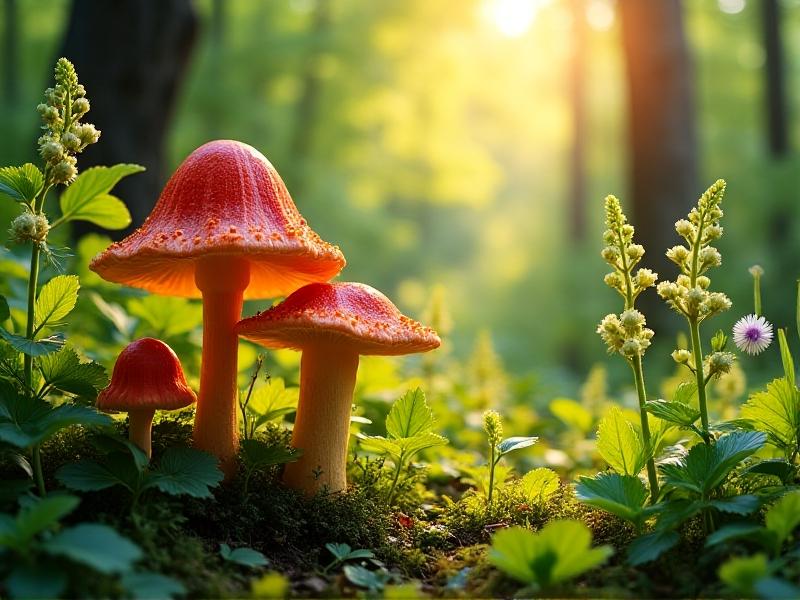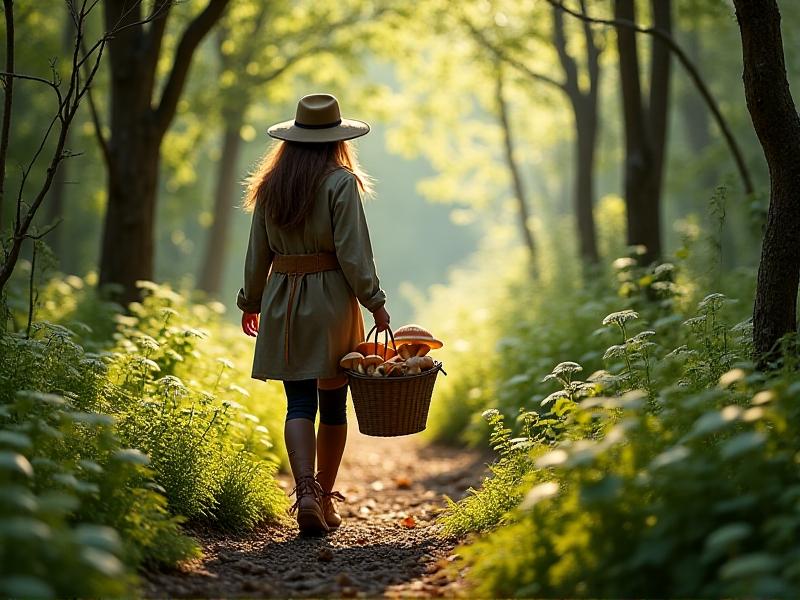Legal Boundaries: Understanding Foraging Restrictions in National Parks
Introduction to Foraging in National Parks
Foraging, the act of gathering wild food resources, has been a part of human survival and culture for millennia. In recent years, it has seen a resurgence as people seek to reconnect with nature and adopt sustainable living practices. However, when it comes to foraging in national parks, the practice is not as straightforward as one might think. National parks are protected areas designed to preserve natural ecosystems, and foraging within these boundaries is subject to strict regulations. Understanding these legal boundaries is crucial for anyone who wishes to engage in foraging without causing harm to the environment or facing legal repercussions.
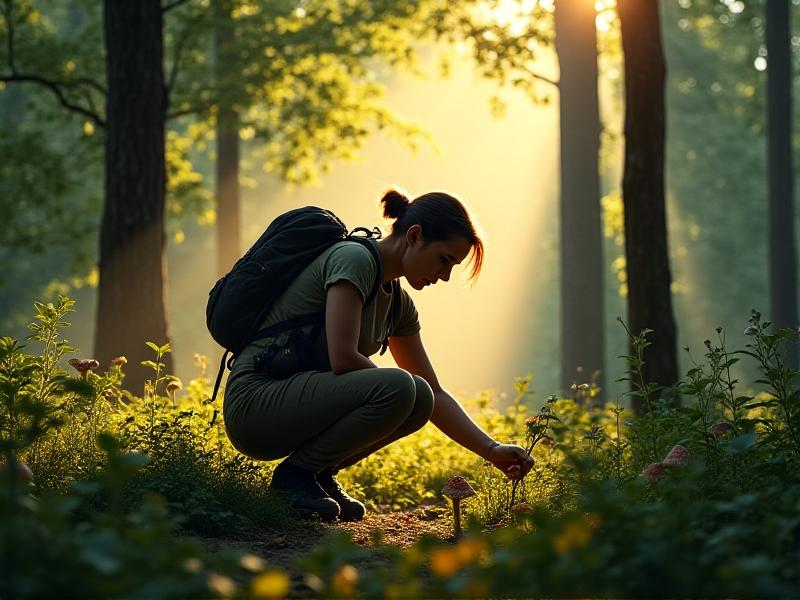
The Importance of National Park Regulations
National parks are sanctuaries for biodiversity, providing habitats for countless species of plants and animals. The regulations governing these areas are in place to protect these ecosystems from human interference that could lead to habitat destruction, species decline, or the introduction of invasive species. Foraging, if done irresponsibly, can have detrimental effects on these delicate environments. For example, overharvesting certain plants can disrupt local ecosystems, while the removal of fungi can impact soil health. Therefore, national park regulations are essential to ensure that these natural treasures are preserved for future generations.
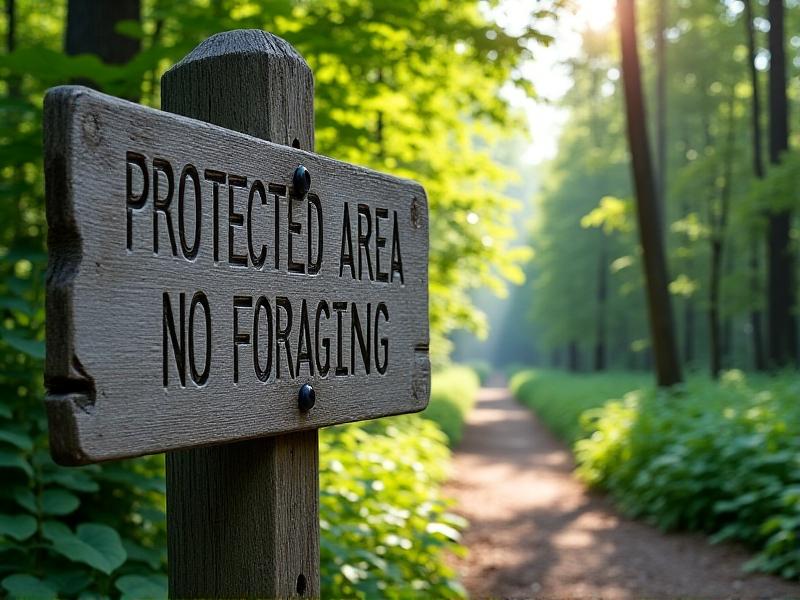
Understanding Foraging Restrictions
Foraging restrictions in national parks vary depending on the location and the specific regulations of the park. In general, foraging for personal use is either heavily restricted or outright prohibited. Some parks may allow the collection of certain non-native or invasive species, but even this is often subject to strict guidelines. It's important to note that foraging restrictions are not just about preserving plant life; they also protect wildlife that depends on these plants for food and shelter. Before attempting to forage in a national park, it is essential to research the specific rules and obtain any necessary permits.
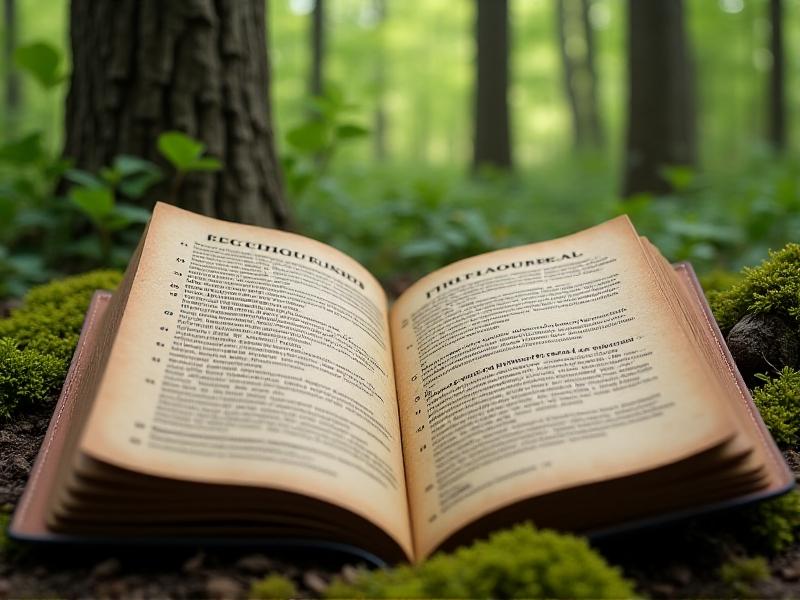
The Ecological Impact of Foraging
The ecological impact of foraging can be significant, especially in protected areas like national parks. Removing plants or fungi from their natural habitat can disrupt the balance of the ecosystem, leading to a cascade of negative effects. For example, the loss of certain plants can reduce food sources for herbivores, which in turn affects predators higher up the food chain. Additionally, foraging can lead to soil erosion, the spread of invasive species, and the disruption of plant reproduction cycles. Understanding these impacts is crucial for anyone who wishes to forage responsibly, even in areas where it is permitted.
Alternatives to Foraging in National Parks
For those who are passionate about foraging but want to respect the legal boundaries of national parks, there are several alternatives to consider. One option is to forage in areas where it is legally permitted, such as private lands with the owner's consent or public lands where foraging is allowed. Another alternative is to participate in guided foraging tours led by experts who are knowledgeable about local regulations and sustainable practices. Additionally, growing your own wild edibles in a garden or community plot can be a rewarding way to enjoy the benefits of foraging without impacting natural ecosystems.
Legal Consequences of Illegal Foraging
Engaging in illegal foraging in national parks can have serious legal consequences. Penalties can range from fines to imprisonment, depending on the severity of the offense and the specific regulations of the park. In addition to legal repercussions, illegal foraging can damage the reputation of the foraging community and lead to stricter enforcement of regulations. It's important to remember that national parks are protected for a reason, and respecting these protections is not only a legal obligation but also a moral one. By adhering to the rules, we can ensure that these natural wonders remain intact for future generations to enjoy.
How to Forage Responsibly
Foraging responsibly means understanding and respecting the legal and ecological boundaries of the areas where you forage. This includes obtaining the necessary permits, following local regulations, and practicing sustainable harvesting techniques. Responsible foragers should also educate themselves about the plants and fungi they are collecting, ensuring that they are not harming endangered species or disrupting ecosystems. Additionally, it's important to leave no trace, meaning that you should minimize your impact on the environment by not disturbing wildlife, avoiding trampling vegetation, and properly disposing of any waste. By foraging responsibly, you can enjoy the benefits of wild foods while protecting the natural world.
The Role of Education in Sustainable Foraging
Education plays a crucial role in promoting sustainable foraging practices. By learning about the ecological impact of foraging and the legal restrictions in place, individuals can make informed decisions that benefit both themselves and the environment. Many organizations and community groups offer workshops, courses, and resources on sustainable foraging, providing valuable knowledge and skills. Additionally, sharing information with others can help spread awareness and encourage more people to forage responsibly. Education is key to ensuring that foraging remains a sustainable and ethical practice, even as it continues to grow in popularity.
Conclusion: Balancing Passion and Preservation
Foraging is a deeply rewarding activity that allows us to connect with nature and enjoy the bounty of the wild. However, when it comes to foraging in national parks, it's essential to balance our passion with the need for preservation. By understanding and respecting the legal boundaries, ecological impacts, and alternatives to foraging in protected areas, we can ensure that our actions do not harm the natural world. With education, responsibility, and a commitment to sustainability, we can continue to enjoy the benefits of foraging while protecting the precious ecosystems of our national parks for generations to come.
